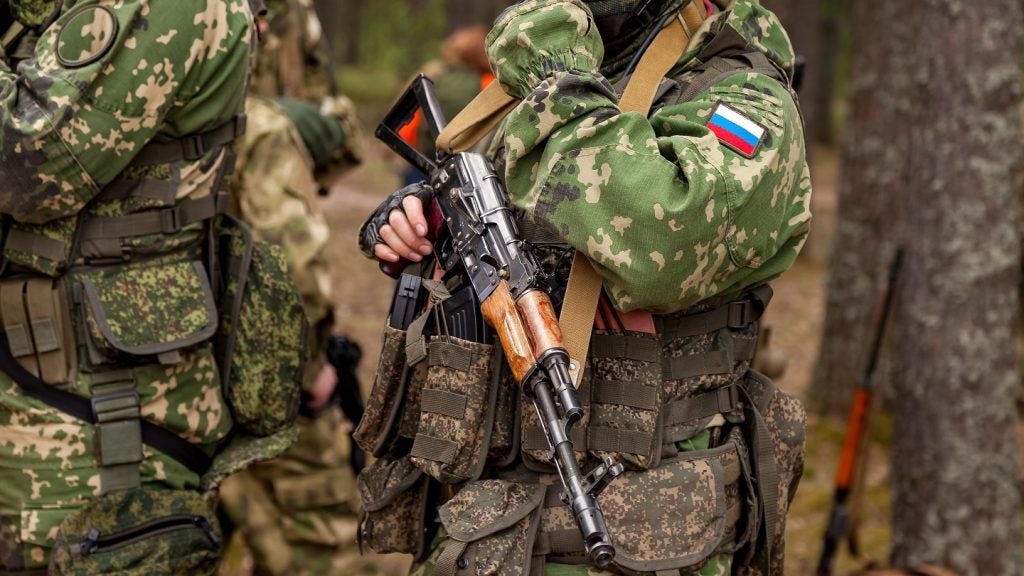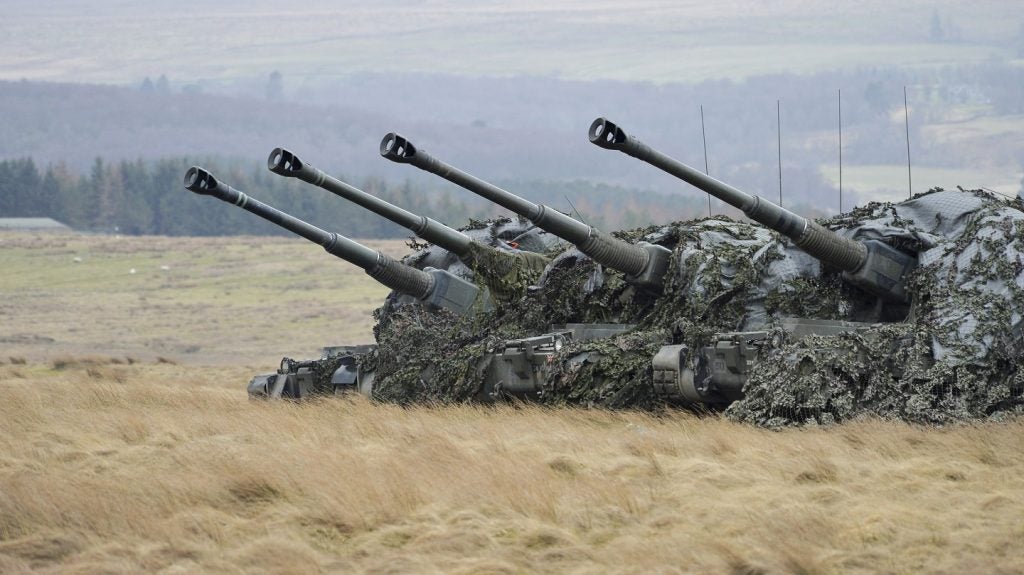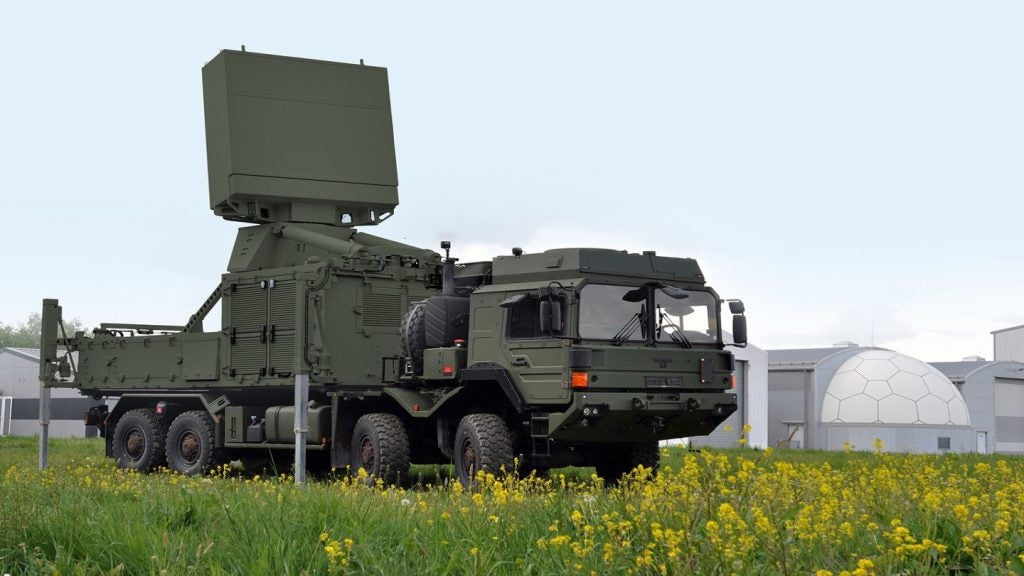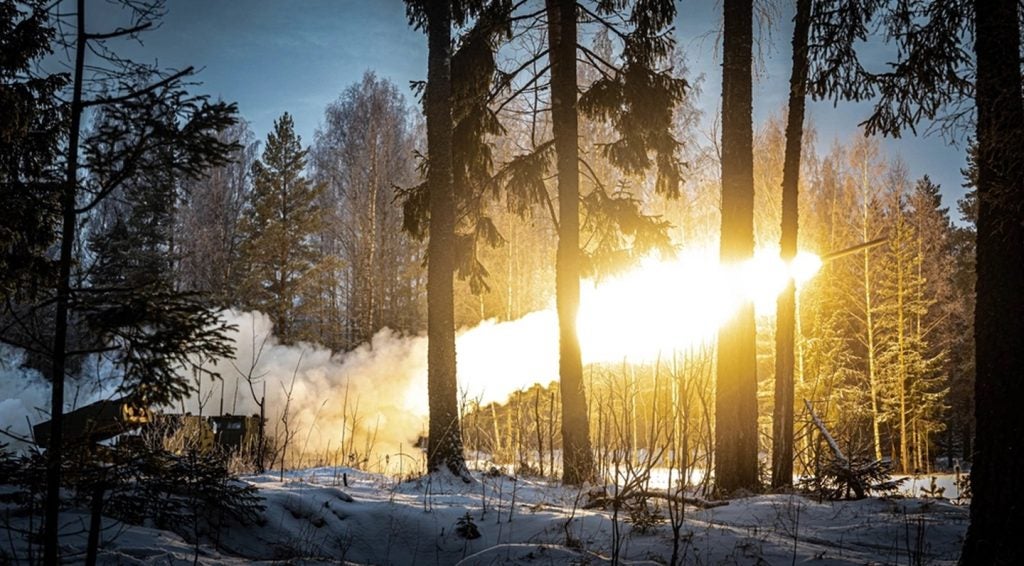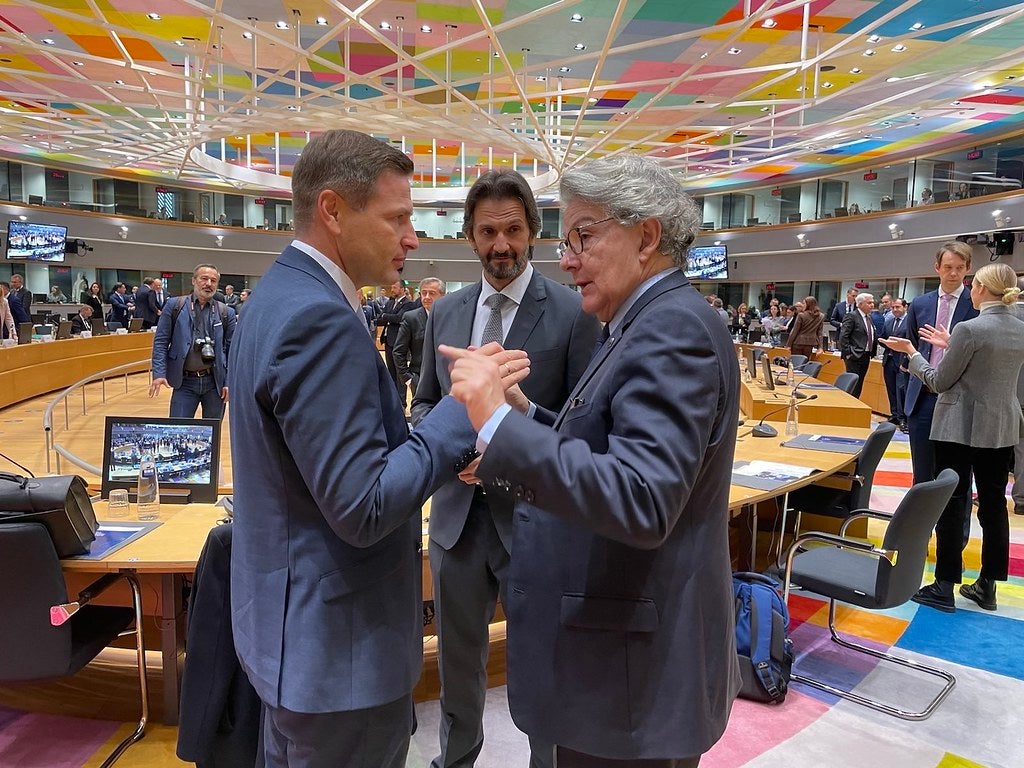
“Today we are in a situation, where we need to make real decisions, not discuss the need for making decisions. With our actions, Estonia aims to show the way,” said Estonian Minister of Defence Hanno Pevkur on 16 November at a meeting of the Foreign Affairs Council of the Council of the European Union, before announcing a four-year commitment of 30% of Estonia’s defence budget toward procuring ammunition that will fast track 155mm artillery rounds for Ukraine and the EU’s critical infrastructure resilience.
Pevkur criticised the EU for not meeting the expectations it set out in Spring for the provision of ammunition, drawing attention to inaction by other parties in the EU. “If member states are neither prepared to provide from their stocks nor able to increase production, we have to refurbish ammunition and procure from third states. Expired ammunition cannot go to waste.
The Act in Support of Ammunition Production (ASAP), signed on 7 July, called on EU member states to restock their ammunition supplies to provide one million rounds of ammunition for Ukraine, and to jointly procure further ammunition.
“Ukraine does not have time to wait. Estonia has made its contribution from stocks and is prepared to give more.”
Estonian Minister of Defence Hanno Pevkur
“Ukraine does not have time to wait. Estonia has made its contribution from stocks and is prepared to give more,” he added.
On 19 January 2023 Estonia donated all of its available 155mm howitzers to Ukraine as part of a military aid package that exceeded 1% of the donor country’s gross domestic product (GDP). At the time of the announcement, the Estonian Ambassador to Ukraine, Kaimo Kuusk said the nation wanted to “create a precedent” so that other countries do not have any justification for not filing to provide Ukraine with the necessary weapons to win the war with Russia.
The European Defence Agency (EDA) recently confirmed a series of deals for the provision of the 155mm shells that are crucial to the protracted conflict between Ukraine and Russia following the full-scale invasion in February 2022. In September this year, the EDA signed eight contracts for the provision of the munitions after the agency found the stockpiles of member states had fallen to an unsustainable level.



